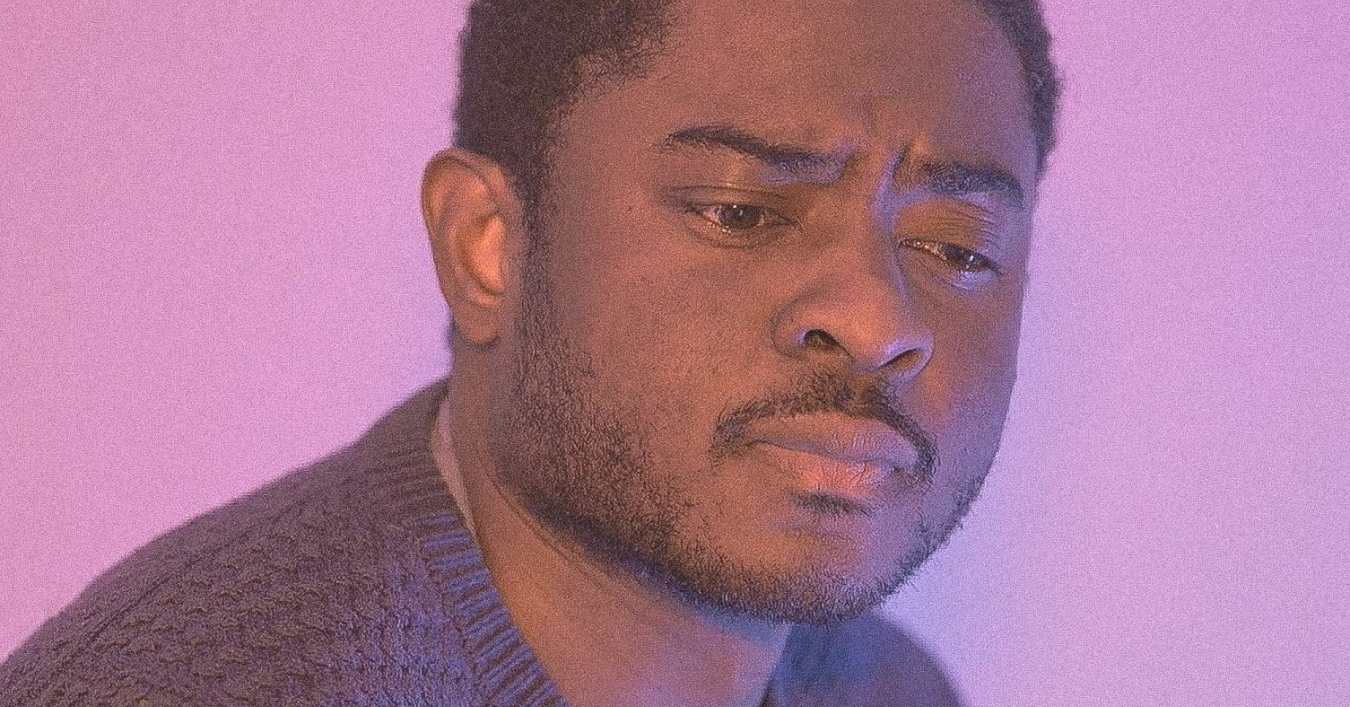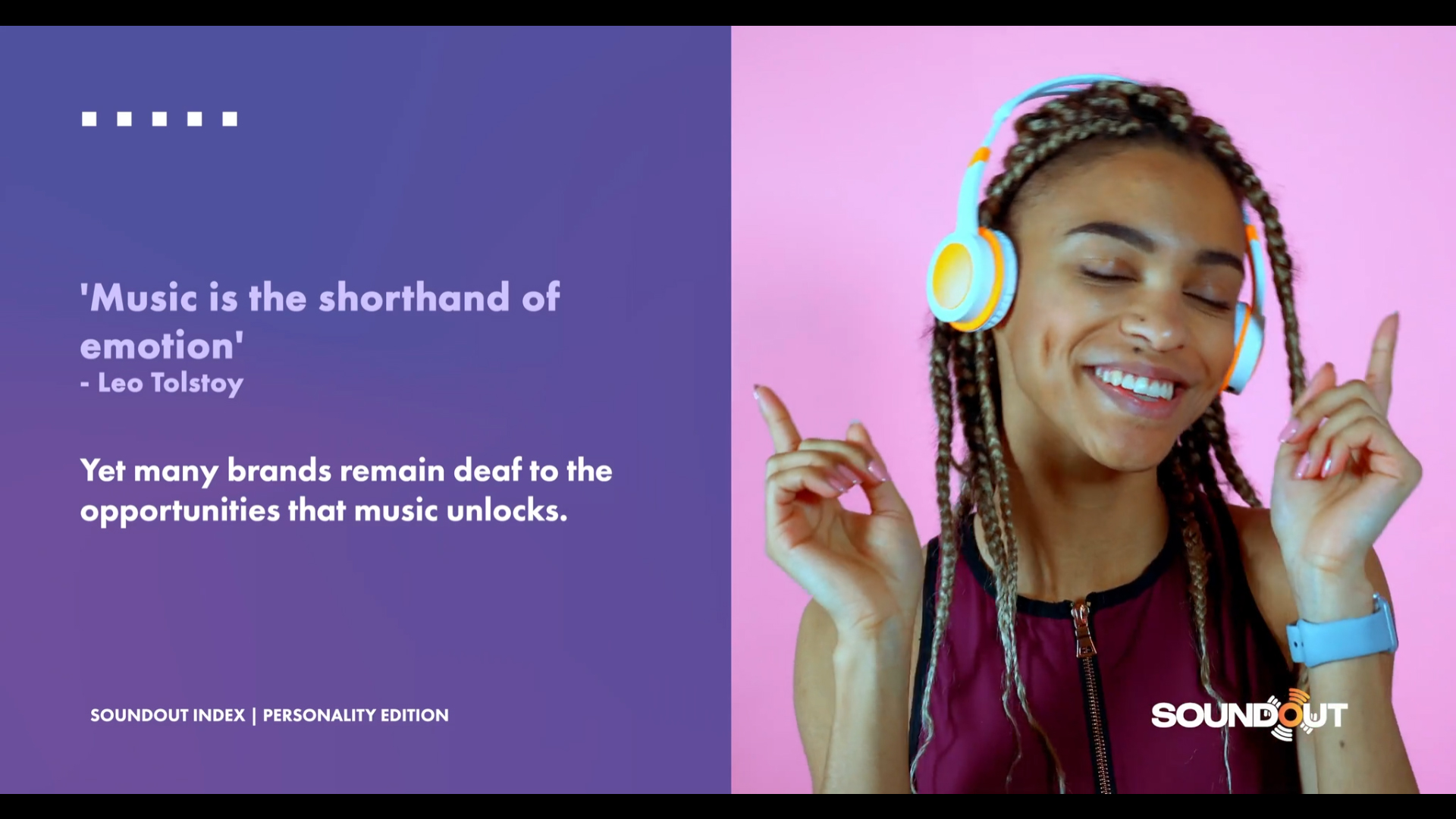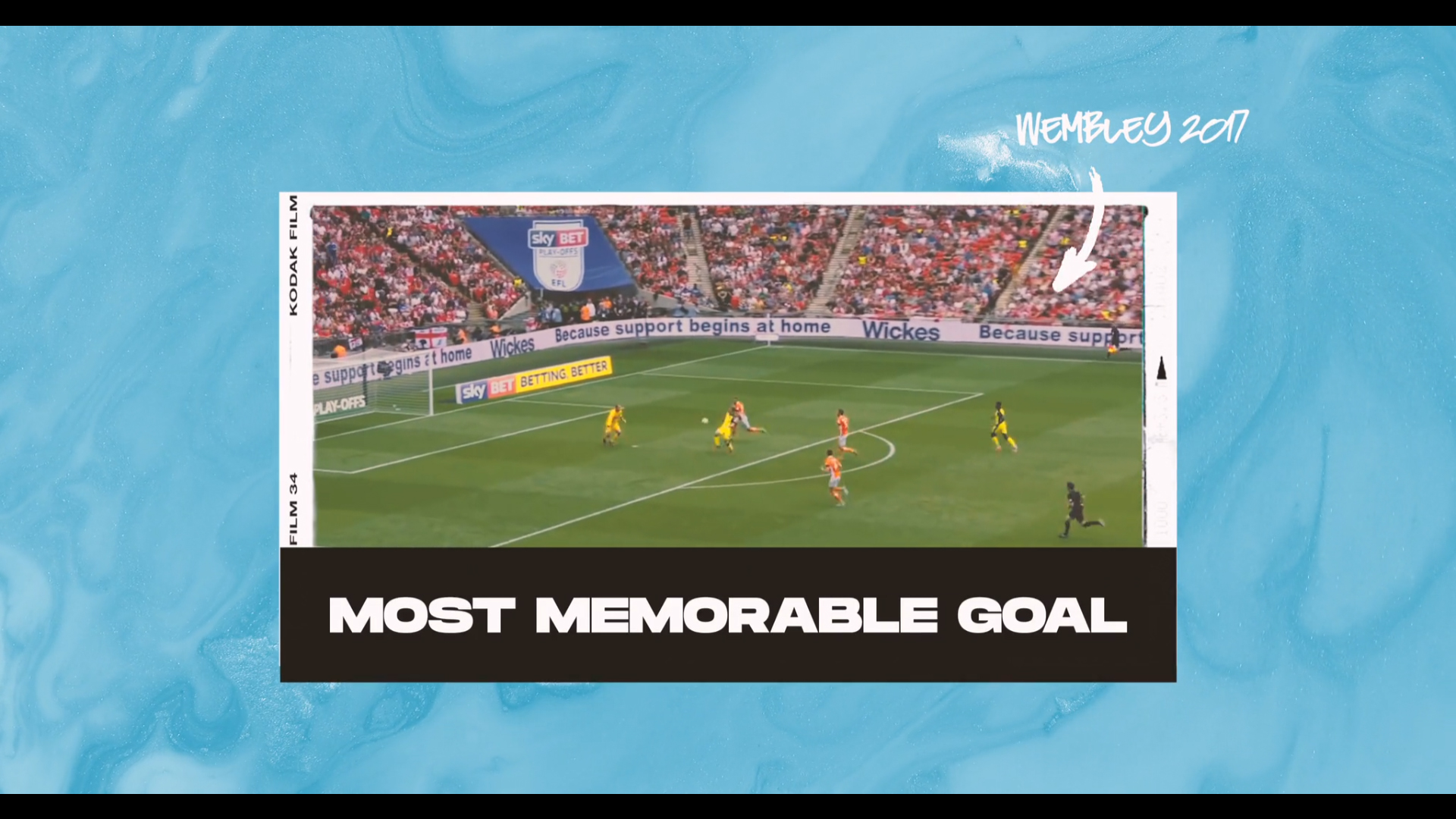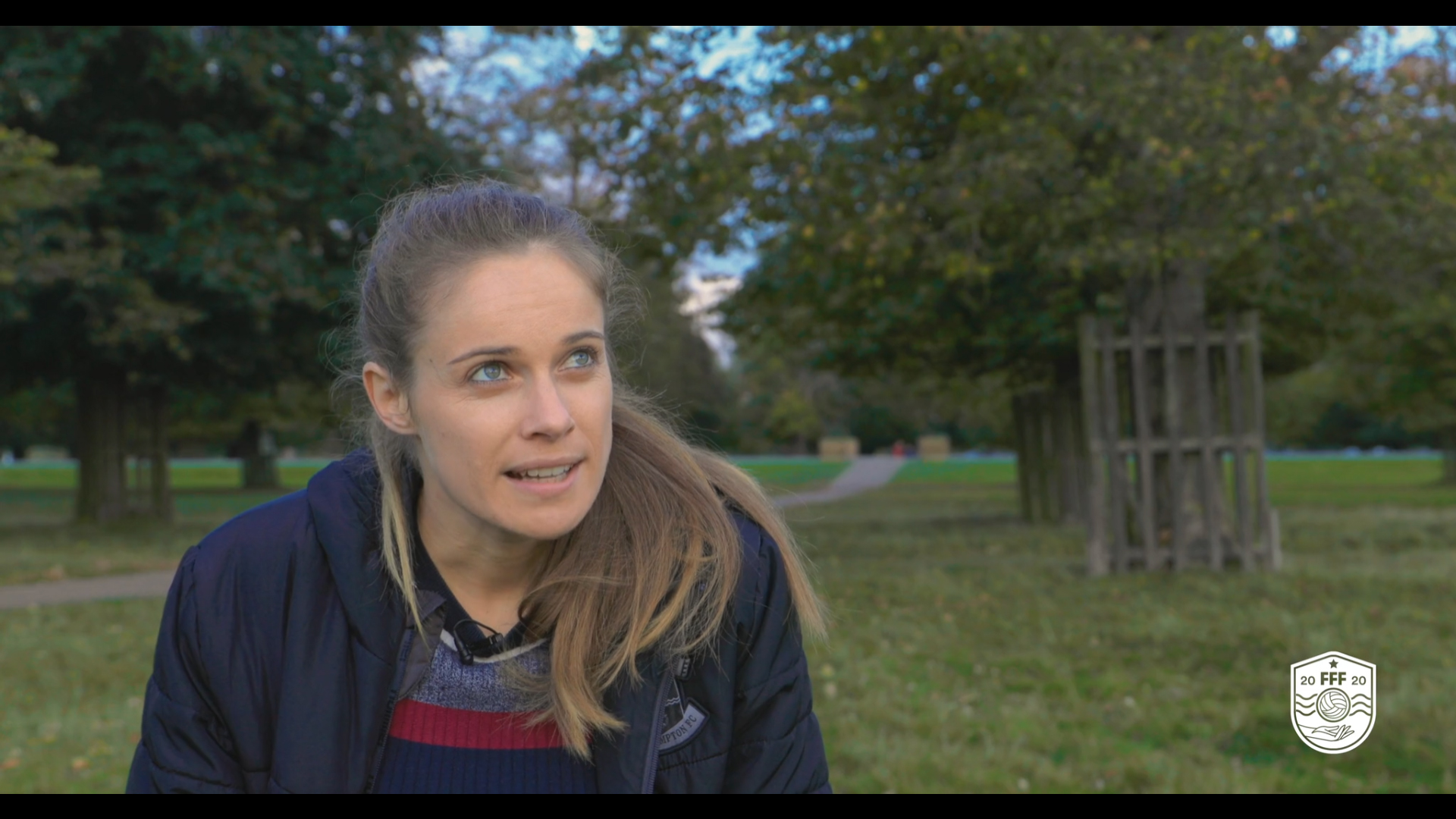
Stefan Worburton: Freelancer of the Month
When did you realise that you wanted to be an editor? What was the reason?
Stefan Worburton: Growing up, I was an only child in a single-parent household, so I always found things to occupy my attention. I’ve tried everything from DJ’ing and photography to design and music production. I found editing just tricky enough to keep me interested and rewarding enough to keep doing it.
How did you learn post-production tools? Do you have your favourite software?
Alongside my degree, I signed up for my University’s Television Club. There I learned how to work with Adobe Premiere Pro, which at the time was not that popular, and also the basics of storytelling. We created comedic dramas, night-out promos, music shows and topical videos around the university.
What are you currently working on?
I have been working with a production company which is in the works on relaunching a top-rated YouTube channel in the New Year. I won’t spoil the surprise, but the stories are super inspiring.
‘The easiest way to become an editor is to make content that interests you.’
What’s the easiest way to become an editor? What would be your advice for an aspiring editor?
The easiest way to become an editor is to make content that interests you. This may mean finding organisations that appeal to your interests and offering to work with them or going out and shooting yourself. Advice for aspiring editors: having good communication skills from the start of your career will save you a lot of time and stress!
Is the media industry changing? If yes, what was the biggest shift you had to adapt to?
The media industry is constantly changing; it just depends on how rapid your current period of change is. Upskilling and reskilling have helped me in this sense – revisiting animation has been a significant benefit in the past few years.
How does a typical day as a freelancer look like in your case?
Are we talking about a perfect day? After a good night’s sleep, I wake up at 8 am and take a quick walk in the park to focus on myself. If it’s a gym day, I pass through and work out for a couple of hours. My usual work day starts at 10 am. I boot up my PC if I am working remotely or make my way to the client if I am working on-site. Evenings are usually spent at home playing video games with friends or out for the odd dinner!
We have currently published a new TCC Self-Care Tips Series on our Instagram. The last one was dedicated to Editors, Colourists, Grades, Motion Graphic Designers, and everyone else who spends many hours in front of the computer screen. What’s your way of resting during work? What is most important in keeping a good work-life balance?
I have the luck of having a balcony where I live, so I can enjoy a nice view and fresh air at intervals as I work. I have found that looking at objects far into the distance can help against eye strain. With a work-life balance, I enjoy spending time with friends and playing sports when not at work.
What was the most challenging project you have worked on?
The most challenging project was working on a TV programme a few months back. With so much footage available, I found myself searching more than editing! It was a helpful experience, and I learned loads.
What is your favourite type of material to work with?
I’ve recently had the opportunity to do some sports editing! This is my favourite type of work as I can spend hours watching sports footage.
Why did you decide to collaborate with our agency?
I was recommended to The Crewing Company by someone I had worked with in a previous gig. What drew me was the slight personal touch each team has.
What is the most important aspect of working on commercial projects?
Adaptability is essential when working on commercial projects! Of all the projects I’ve done, no two are the same. Be prepared for the unexpected.
‘Strong communication skills! Before you open the software, you have to understand what the client wants […]’
What is most important when striving to become a successful Freelance Editor?
Strong communication skills! Before you open the software, you have to understand what the client wants, use references and get a clear idea of the feel of the project.
What would be your dream project?
Some form of long-term sports documentary!
What do you do in your free time? Do you have any hobbies?
My main hobbies are sports and video games. I love the competitiveness of both!
What is your favourite type of music or podcast that keeps you going?
No particular podcast or album is in mind, but I enjoy putting on Sky Sports during the day!
Here you can see Stefan’s showreel, and follow him on Instagram. Would you like to work with him? Please contact a member of our team.




